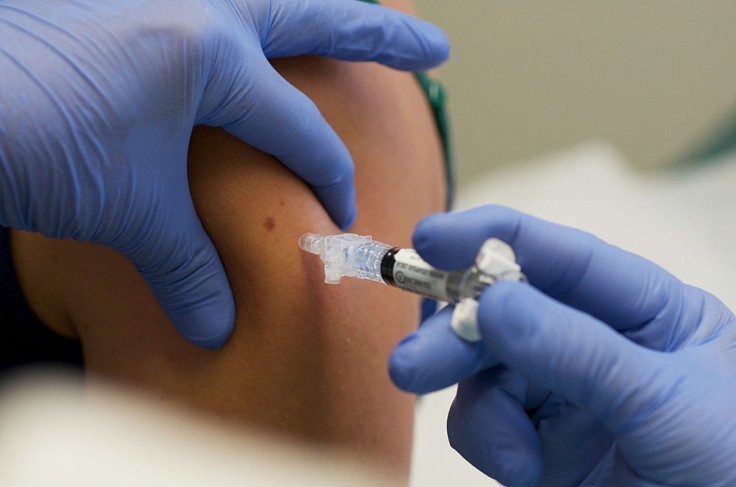
A prevalent sexually transmitted virus, with the majority of individuals experiencing an infection at some point in their lives is called Human papillomavirus (HPV).
HPV can persist in the body for extended periods, often at low or undetectable levels, and may have originated from a past partner without the person being aware. The immune system in most cases can eliminate the virus without any noticeable symptoms.
Importance of the HPV Vaccine
Parents need to sign and return a consent form to ensure the child receives the vaccine. Officials highlighted that they have seen nearly 90% decrease in cervical cancer rates in women in their 20s who received the vaccine at school.
The Director of Public Health, Professor Peter Bradley, gives full emphasis to the importance of vaccination in reducing the risk of HPV, a widespread virus transmitted during any sexual activity through close skin-to-skin contact.
The HPV vaccine, declared by the health experts, is effective to prevent infections that can lead to most cervical cancers, as well as certain anal, genital, and head and neck cancers.
Professor Bradley also encourages parents to consent their children to receive protection against HPV, emphasizing the safety and efficacy of the vaccine for Year 8 children aged 12 to 13.
There are many HPV types, and only specific high-risk types pose a risk of leading to cancer. HPV, in some women, may cause abnormal changes in cervical cells, potentially progressing to cervical cancer if left untreated. For men, high-risk HPV types can contribute to rarer cancers, including those affecting the anus, penis, head, and neck.
Vaccine safety is assured, with the Gardasil brand having undergone extensive studies. Mild soreness may occur during post-vaccination, with extremely rare and serious side effects.
Cervical screening is still vital despite vaccination, as the vaccine doesn't assure protection against all HPV types. However, fewer screenings in the future for vaccinated individuals may be required.
Partnerships, Programs To Improve Vaccination Rates
In several states, including New Jersey, given the low coverage of the HPV vaccine, they are actively participating in initiatives to better improve vaccination rates among adolescents.
Starting from the end of January, the Human Papillomavirus (HPV) vaccine will be accessible for children aged 12 and 13.
The Department of Health's Vaccine Preventable Disease Program (VPDP) and the Partnership for Maternal and Child Health of Northern New Jersey (Partnership), are leading efforts to increase adolescent vaccination rates, particularly for HPV in New Jersey.
Since the year 2000, Greater Newark, New Jersey, and Partnership, a recipient of VPDP grants, has been committed to raising childhood vaccination rates.
Over time, the Essex Metro Immunization Coalition, initiated by Partnership, has expanded its efforts to enhance and sustain timely immunization rates across individuals' lifespans.
Both the VPDP and Partnership maintain a significant focus on bolstering adolescent immunization rates to protect against severe vaccine-preventable diseases.
Apart from collaborating with Partnership, the VPDP has actively partnered with cancer coalitions and other immunization organizations to improve coverage rates for HPV and all other vaccines recommended by the Advisory Committee on Immunization Practices (ACIP).
Related Article: Breakthrough RSV Vaccines for Infants, Seniors Face Uneven Uptake Amidst Supply Chain Woes